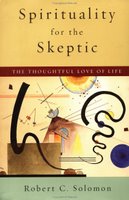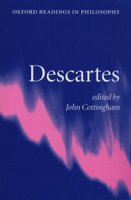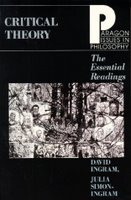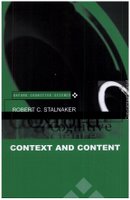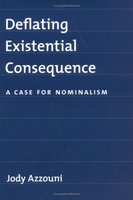
Strolling in solitude through the lush forests of St Germain during the early adolescence of the modern age, Jean-Jacques Rousseau made a miraculous discovery. It was his self. This self was not, as his more scholastic predecessor Descartes had thought, that thin merely logical self, a pure formality that presented itself indubitably whenever he reflected: 'I think, therefore I am.' Nor was his the frustrated, sceptical search that led his friend Hume to declare, paradoxically, that 'whenever I took inside myself, there is no self to be found'. What Rousseau discovered in the woods of France was a self so rich and substantial, so filled with good feelings and half-articulated good thoughts, so expansive, natural, and at peace with the universe, that he recognized it immediately as something much more than
his singular self. It was rather the Self as such, the soul of humanity.
 One of the central and most rapidly developing debates in contemporary metaphysics concerns the status of our ordinary division of time into past, present, and future. On one side of the debate stand the tensed theorists, who take seriously our intuitive conception of time, expressed metaphorically (or perhaps not so metaphorically) by the picture of time 'flowing'. On the other side stand the tenseless theorists, who deny the reality of temporal passage, and take our intuitive conception simply to reflect our perspective on time rather than the nature of time itself.
One of the central and most rapidly developing debates in contemporary metaphysics concerns the status of our ordinary division of time into past, present, and future. On one side of the debate stand the tensed theorists, who take seriously our intuitive conception of time, expressed metaphorically (or perhaps not so metaphorically) by the picture of time 'flowing'. On the other side stand the tenseless theorists, who deny the reality of temporal passage, and take our intuitive conception simply to reflect our perspective on time rather than the nature of time itself.
